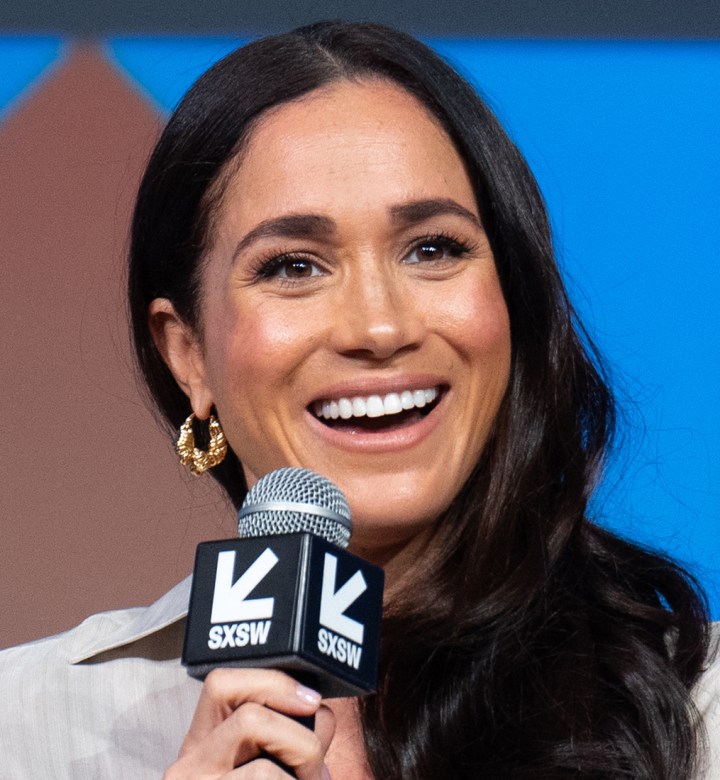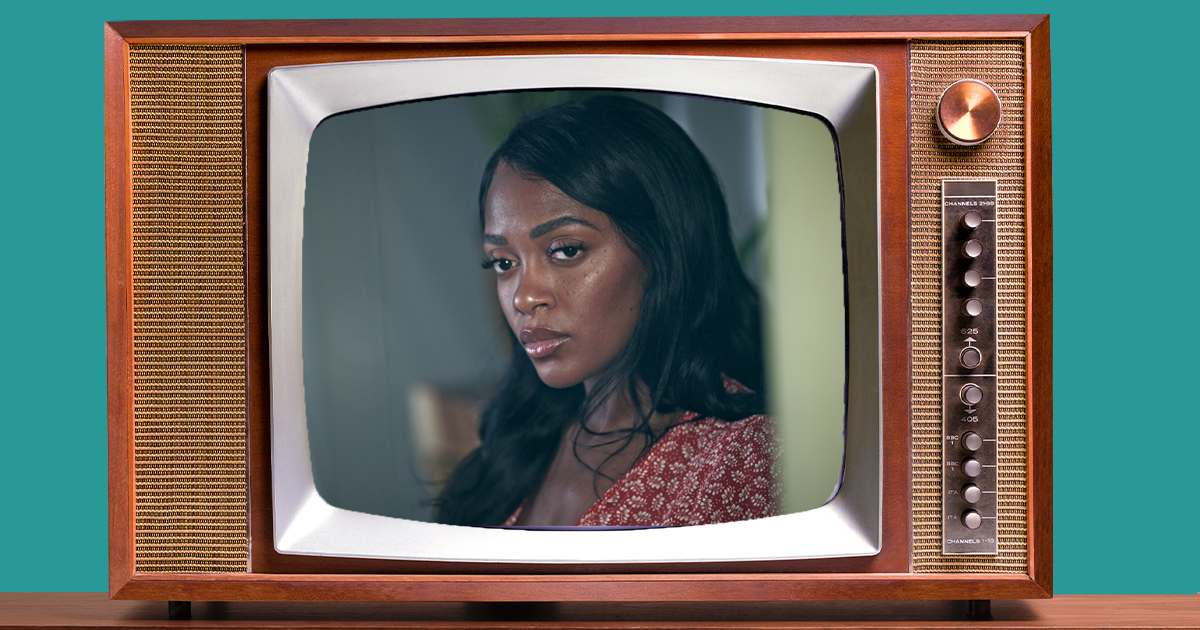## Lilibet’s Tiara Time: Meghan Markle’s Daughter Embraces Royalty
Forget tutus and tiaras, it seems Lilibet Diana Mountbatten-Windsor has entered a full-blown “princess phase.” 
Prince Harry and Meghan Markle’s youngest, much like her namesake great-grandmother, is apparently showing an undeniable fascination with all things regal. This news has sent a wave of adorable photos and speculation across the internet, leaving us wondering: is this a sign of things to come for the future princess?


Meghan Markle’s Down-to-Earth Demeanor
Recent insights from Markle’s friend, professional chef Adrian Lipscombe, offer a glimpse into the Duchess of Sussex’s commitment to raising Lilibet in a grounded and balanced environment. Lipscombe, who shared a social media post congratulating Markle on her upcoming Netflix series, “With Love, Meghan,” revealed that the Duchess and her husband, Prince Harry, are “some of the most down-to-earth people” she has ever met. This sentiment aligns with Markle’s public persona, often characterized by her genuine warmth and relatable approach to parenting.
Lipscombe’s revelation about Lilibet’s “princess phase” further emphasizes Markle’s desire to provide a semblance of normalcy within the confines of royal life. While acknowledging the fairytale allure of princess imagery, it’s crucial to understand the potential impact of constant media scrutiny on a young child’s development. The Duchess is likely navigating a delicate balance between embracing Lilibet’s fascination with princesses and shielding her from the potentially overwhelming pressures of her royal lineage.
Balancing Royal Life with a Normal Childhood for Lilibet
Markle’s conscious effort to create a sense of normalcy for Lilibet is commendable. Experts suggest that providing children with a stable and predictable environment, regardless of their social status, is crucial for healthy development. Activities like playing with friends, attending school, and engaging in age-appropriate hobbies can help Lilibet develop essential social skills, emotional intelligence, and a sense of self outside the realm of royalty.
However, the realities of royal life present unique challenges. The constant media attention, public scrutiny, and travel demands can disrupt a child’s routine and sense of privacy. Markle’s choice to prioritize Lilibet’s well-being and shield her from undue pressures reflects a commitment to nurturing a balanced and fulfilling childhood.

The Impact of Media Scrutiny on Lilibet’s Development
The media’s relentless focus on royal children, particularly in the digital age, raises concerns about its potential impact on their psychological well-being. Unfettered access to information and the ability to share personal details instantaneously can create an environment where children are constantly under a microscope. This can lead to anxieties, self-consciousness, and a distorted sense of self.
It’s imperative that Markle and Harry actively manage Lilibet’s exposure to the media and prioritize her privacy. Setting boundaries, controlling the narrative, and fostering a supportive environment at home are crucial steps in mitigating the potential negative effects of media scrutiny.
The Power of Princess Play
Lilibet’s “princess phase” is a common developmental stage for young girls, reflecting their fascination with stories of courage, kindness, and fairytale magic. This imaginative play allows children to explore social roles, develop empathy, and express their creativity.
The Appeal of Princesses: Exploring Childhood Fantasies and Role-Playing
Princess narratives often tap into deep-seated childhood fantasies of beauty, royalty, and adventure. For young girls, playing princess can be a way to explore their own sense of identity, imagine themselves in powerful positions, and navigate complex social dynamics. Through role-playing, children can experiment with different emotions, develop social skills, and understand the world around them in a meaningful way.
Potential Benefits for Development: Imagination, Empathy, and Social Skills
Imaginative play, particularly princess play, has been shown to have numerous developmental benefits. It fosters creativity, problem-solving skills, and the ability to think outside the box. By embodying different characters, children learn to understand diverse perspectives, develop empathy, and build social skills such as cooperation, negotiation, and communication.
Navigating the Risks: Unrealistic Expectations and Gender Stereotypes
While princess play can be enriching, it’s important to be mindful of potential risks. Overemphasis on physical appearance, unrealistic beauty standards, and limited representations of diversity in princess narratives can perpetuate harmful gender stereotypes and contribute to body image issues. Parents can mitigate these risks by encouraging children to engage in critical thinking about princess stories, exploring diverse characters and narratives, and promoting a healthy understanding of gender roles and expectations.
Lilibet’s Royal Education: A Balancing Act
Raising a child within the unique constraints of royal life presents a unique set of challenges. While the Duke and Duchess of Sussex have expressed their desire to raise Lilibet with “grace” and “kindness,” navigating the complexities of royal tradition and modern parenting styles will require careful consideration.
The Duke and Duchess’s Intentions: Raising Lilibet with “Grace” and “Kindness”
Markle and Harry have consistently emphasized the importance of instilling values of empathy, compassion, and social responsibility in their children. Their commitment to raising Lilibet with “grace” and “kindness” reflects their belief in fostering a strong moral compass and a sense of social responsibility. This approach aligns with the values espoused by many progressive parents who strive to raise children who are both kind and capable.
The Influence of Royal Tradition and Modern Parenting Styles
Royal tradition often dictates a structured and formal upbringing, emphasizing decorum, etiquette, and a sense of duty. In contrast, modern parenting styles often prioritize individuality, autonomy, and emotional intelligence. Finding a balance between these two approaches will be crucial for Lilibet’s development.
Morningpicker recognizes that this delicate balance is essential for ensuring Lilibet’s well-being and allowing her to thrive amidst the unique pressures of her royal lineage.
Preparing Lilibet for a Life in the Public Eye: Privacy vs. Exposure
As a member of the Royal Family, Lilibet is destined for a life in the public eye. Preparing her for this reality while protecting her privacy will be an ongoing challenge for her parents. Setting boundaries, managing media exposure, and fostering a strong support system will be crucial in navigating the complexities of royal life.
It’s essential to remember that Lilibet is a child first and foremost. Her parents’ responsibility is to provide her with a nurturing and supportive environment where she can develop into a well-rounded individual, regardless of her royal status.
A Glimpse into the Future
Lilibet’s future is filled with both possibilities and challenges. As she grows older, the impact of her royal titles will become increasingly significant, shaping her opportunities, relationships, and public perception.
The Impact of Royal Titles on Lilibet’s Life
Holding a royal title comes with inherent privileges and responsibilities. Lilibet’s future roles and duties will likely involve public engagements, charitable work, and representing the British monarchy on the world stage. These experiences can be rewarding and impactful, but they also come with a level of scrutiny and pressure that is unique to royal life.
The Duchess’s Platform: Using Her Voice to Advocate for Lilibet’s Generation
Markle’s platform as a member of the Royal Family and her commitment to social justice advocacy provide her with a unique opportunity to speak out on issues that matter to Lilibet’s generation. From climate change to gender equality, Markle’s voice can amplify important conversations and inspire positive change.
Morningpicker believes that Markle’s willingness to use her platform to advocate for social justice will serve as a positive role model for Lilibet and inspire a generation to embrace their voices for change.
Finding Balance: Preserving Lilibet’s Childhood While Embracing Her Royal Heritage
Ultimately, the key to Lilibet’s well-being lies in finding a balance between preserving her childhood and embracing her royal heritage. Her parents’ commitment to providing a loving and supportive environment, while navigating the complexities of royal life, will shape her journey and determine her ability to thrive as a young woman in the public eye.
Conclusion
Meghan Markle’s Daughter Lilibet Embarks on a Princess Phase: What Does It Mean for the Royal Family’s Evolution?
In a recent article by PureWow, we delved into the fascinating world of Meghan Markle’s daughter Lilibet, as the young princess finds herself in her ‘princess phase.’ The article highlighted the unique circumstances surrounding Lilibet’s upbringing, born into royalty but raised by a family that values privacy and normalcy. We discussed how this blend of traditional and modern approaches to royal life might shape Lilibet’s future and the royal family’s evolution. The article also touched on the comparisons between Lilibet and her mother, Meghan Markle, and how their experiences as women in the public eye have been shaped by their respective roles within the royal family.
The significance of this topic lies in its reflection of the changing times and values within the royal family. As the article noted, Lilibet’s ‘princess phase’ is a time of exploration and discovery, but one that is also shaped by the complexities of her family’s legacy. This new generation of royals is likely to bring fresh perspectives and approaches to the institution, one that values equality, diversity, and individuality. As we look to the future, it’s clear that the royal family will continue to adapt and evolve, embracing the values of the modern world while still honoring its rich history.
